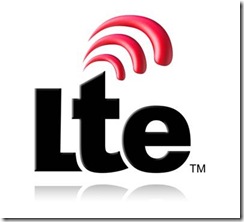The deployment of HSPA+ offers significantly reduced CAPEX investment compared to LTE, according to analysis by Aircom International, an independent network planning and optimisation company. 
Reduction for a UK operator could be as much as £345 million (US$497 million in 12 months; and as much as $1.19 billion for a US operator.
The company’s analysis highlights why HSPA+ could make short-term commercial sense to a wide range of 3GPP operators contemplating their mobile broadband network migration strategies, return on investment and new pricing models are the key factors.
HSPA + is viewed as compelling as it is available today, the technology offers up to 21Mbps without any additional antenna infrastructure or second carrier – allowing users to experience mobile broadband around five times faster than the current average of 3.6Mbps. HSPA+ also allows mobile operators to control service provisioning and prioritisation, delivering quality of experience (QoE) and quality of service (QoS) guarantees.
“There is great pressure on operators to upgrade their networks and improve the level of service they deliver to consumers and enterprise customers. The so-called ‘iPhone effect’ is piling pressure on to existing infrastructure. There is a real and immediate need for operators to upgrade their networks, but LTE is not the answer – today at least,” said Aircom services director (product management), Fabricio Martinez.
“HSPA+ is able to meet – and exceed – current data demands, delivering a theoretical maximum of 21Mbps and an average experience of around 16Mbps. With average mobile broadband users experiencing around 3.6Mbps, this is a significant increase,” Martinez continued.
Aircom’s analysis concludes that adopting HSPA+ as the next step enables operators to meet customer demands quickly and cost-effectively, using existing infrastructure and spectrum. And, when the time is right – when expanding HSPA+ capacity is less economical or operationally more challenging than upgrading to LTE – HSPA+ offers a natural evolution path to LTE.




